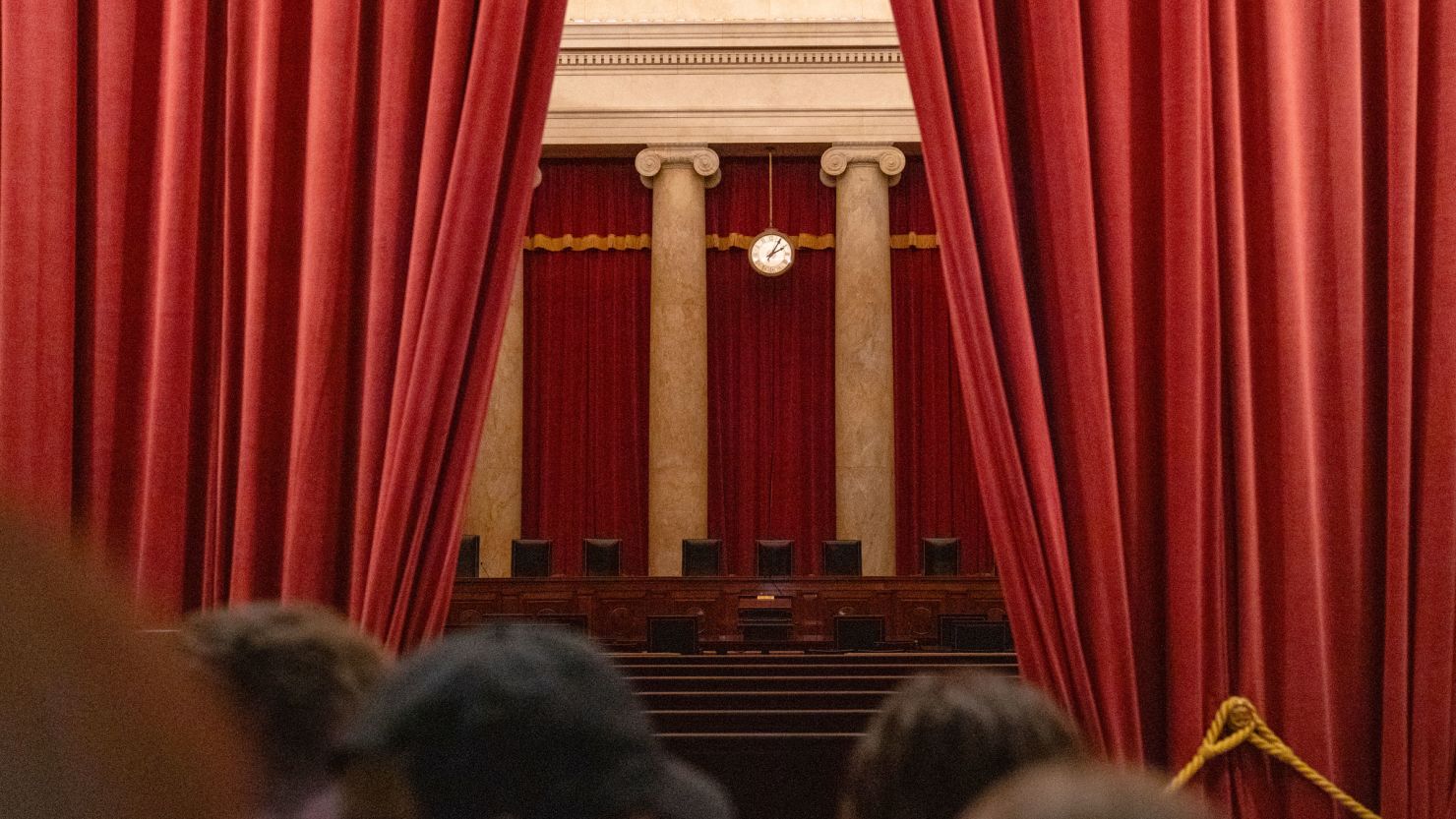
GOP Bill Could Weaken Judges’ Power to Hold Trump Administration in Contempt, Critics Warn
A newly proposed Republican-backed bill could significantly reduce federal judges’ ability to hold the Trump administration in contempt of court, raising alarms among Democrats and legal experts who say the move threatens the separation of powers and the rule of law.
The legislation, approved late Wednesday by a House Judiciary Committee led by Republicans, includes a provision that would defund the enforcement of contempt orders in cases where judges did not require plaintiffs to post a bond while granting preliminary injunctions or restraining orders.
Critics argue the bill is an attempt to shield the Trump administration from legal consequences when defying court rulings, effectively allowing it to act with impunity in cases where no financial bond was required.
A Contempt Clause with Retroactive Power
The provision would even apply retroactively. If passed, it could nullify a court’s power to enforce a contempt order issued before the bill was enacted—if the judge had waived the bond requirement. That means prior court decisions to restrain or block actions by the Trump administration might no longer carry legal weight.
One such case involves Judge James Boasberg, who previously sought to halt certain migrant deportations. Contempt proceedings for the administration’s alleged failure to comply were paused but could resume—unless the new law strips the court of enforcement capabilities.
Democratic Backlash
“This Judiciary Committee bill seeks to strip the courts of their power to hold the administration in contempt when the president violates court orders,” said Rep. Jamie Raskin (D-MD), ranking member of the committee. “Instead of supporting judicial independence, this proposal undermines it.”
Rep. Hank Johnson (D-GA) echoed the concern: “MAGA Republicans are using this spending bill to help Trump sidestep accountability. Unless you pay big up front, you lose the right to stop illegal actions in court.”
Republican Justification: Stop Frivolous Lawsuits
Republicans, however, argue the provision is aimed at preventing frivolous lawsuits by reinforcing Federal Rule of Civil Procedure 65, which already permits judges to require security bonds when granting restraining orders. “This is strictly about discouraging baseless claims,” said Judiciary Committee spokesperson Russell Dye.
Trump himself pushed for more frequent bond requirements in lawsuits challenging his administration. A recent executive order directed the Justice Department to demand bonds in all such cases—sometimes requesting tens of thousands of dollars. Critics say this tactic discourages public-interest lawsuits by making them unaffordable.
Legal Concerns and Constitutional Questions
Legal experts say the bill raises serious constitutional concerns. Stripping judges of contempt authority—especially retroactively—could violate the principle of judicial independence.
“The whole purpose is to prevent courts from enforcing orders against illegal behavior,” said Robert Weissman, co-president of watchdog group Public Citizen. “It’s essentially an effort to give the president free rein to ignore the law.”
There are also procedural hurdles. The proposal was advanced as part of the House’s broader budget reconciliation package, which limits what can be included under Senate rules. The controversial provision may be ruled out or stripped during the Senate debate.
Contempt of Court: A Key Legal Tool
Judges use contempt powers—both civil and criminal—to enforce compliance with their rulings. That includes fines, penalties, or even jail time. Judge Boasberg had considered appointing a special master to prosecute contempt if the DOJ declined, an extraordinary step that underscores how serious the violation was considered.
Without the power to enforce these rulings, courts would effectively have no means to stop the executive branch from violating injunctions or restraining orders, opponents of the bill argue.
What’s Next?
The provision still faces legal and legislative scrutiny, and it remains unclear whether it will survive as the House bill moves to the Senate. If upheld, it could have long-lasting implications for the ability of courts to hold the presidency accountable.



